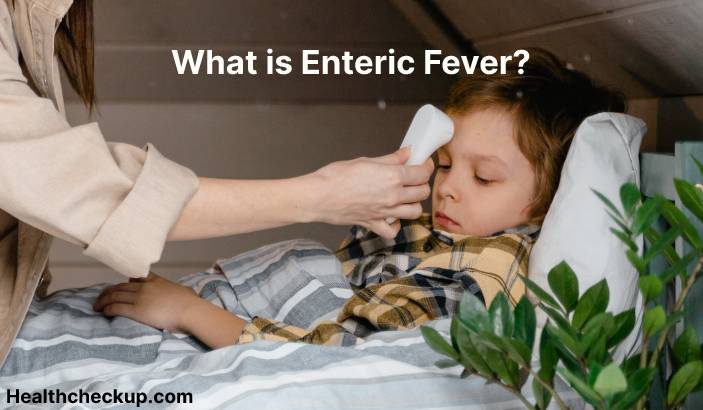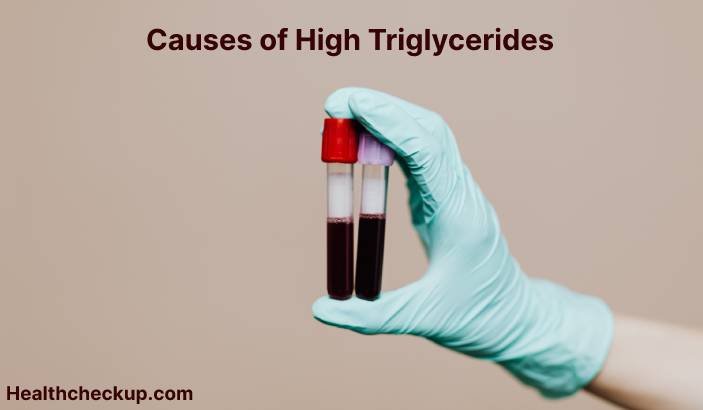Enteric fever, also known as typhoid fever, is a bacterial infection caused by Salmonella typhi or Salmonella paratyphi. It is transmitted to humans through ingestion of contaminated food or water and is most commonly found in areas with poor sanitation. Enteric fever can range from a mild, flu-like illness to a severe, potentially life-threatening condition.
Symptoms of enteric fever
Symptoms of enteric fever appear one to three weeks after infection and include:
- Fever
- Headache
- Muscle aches
- Weakness
- Loss of appetite
- Abdominal pain
- Constipation or diarrhea
- Rash
In severe cases, enteric fever leads to complications, such as:
- Seizures
- Delirium
- Coma
- Perforation of the intestine
- Renal failure
Diagnosis of enteric fever
Enteric fever is typically diagnosed based on the presence of characteristic symptoms and a history of exposure to contaminated food or water. Laboratory testing, such as a blood or stool culture, is also used to confirm the diagnosis.
Treatment of enteric fever
Enteric fever is typically treated with antibiotics, such as amoxicillin, chloramphenicol, or ceftriaxone. Treatment is most effective if it is started early in the course of the illness. In severe cases, hospitalization is necessary to provide supportive care, such as fluids and electrolytes.
Prevention of enteric fever
There are several steps that can help to reduce the risk of enteric fever, including:
- Practicing good hygiene: Washing hands with soap and water, particularly after using the bathroom and before preparing food, can help to reduce the risk of infection.
- Boiling water: If you are traveling to an area where enteric fever is prevalent, it is important to boil water before drinking it or using it to brush your teeth.
- Eating only cooked food: It is important to eat only food that has been cooked thoroughly to reduce the risk of infection.
- Receiving a typhoid vaccine: The typhoid vaccine can help to reduce the risk of infection. It is typically given as a single injection or as a series of capsules that are taken orally.
It is also important to follow guidelines from public health authorities and to seek medical attention if you develop symptoms of enteric fever. Early diagnosis and treatment helps to improve outcomes.








